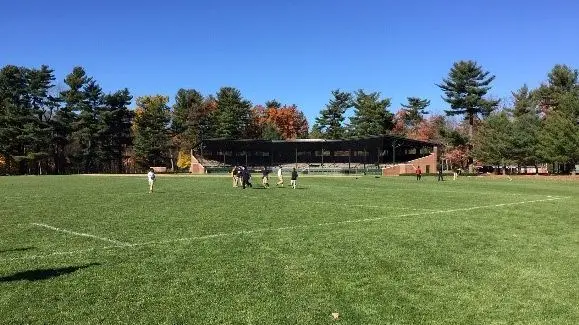making sustainability simple and second nature

Zero Waste Resources

“What do I do with…?” We field a lot of questions that start with: “What do I do with…?”. Here we highlight some local resources for recycling items that can’t go in our Lexington curbside bins and might not be listed on the Town’s recycling web page. Do you know of a reuse or recycling resource …
Learn MoreZeroToGo Reusable Takeout

ZeroToGo ™ is a FREE pilot program for reusable takeout intended to significantly reduce the use of single-use plastic containers. Nearly 1 trillion disposable food service products are used each year in the United States, resulting in 7.5 million tons of waste. ZeroToGo promotes a culture of reuse over a culture of throwaway, single-use. We …
Learn MoreLexSORT

(Lexington Shared Organics Recovered Together) In 2021, LexZeroWaste partnered with the Town of Lexington to launch LexSORT, a community composting drop-off pilot initiative. The program provides a no-cost option to households wishing to divert their food waste from incineration and compost instead. Thanks to the success of the initial 6-month pilot, the Town of Lexington …
Learn More


 LexZeroWaste would like to thank Royal India Bistro and all the participating diners and LexZeroWaste members who helped launch our reusable takeout pilot program ZeroToGo in 2023, and who have successfully diverted over 2500 containers from incineration and landfill so far!
LexZeroWaste would like to thank Royal India Bistro and all the participating diners and LexZeroWaste members who helped launch our reusable takeout pilot program ZeroToGo in 2023, and who have successfully diverted over 2500 containers from incineration and landfill so far!

 LexZeroWaste is starting a campaign to eliminate the practice of providing single use water bottles at events in Lexington.
LexZeroWaste is starting a campaign to eliminate the practice of providing single use water bottles at events in Lexington. This time of year, each household typically uses 4 rolls of gift wrapping paper. Did you know wrapping paper is usually made of a mix of different paper types, shiny glitter (a microplastic) or foil, and bright dyes? This means wrapping paper can’t be recycled and in n the U.S., about 2.3 million pounds of wrapping paper is disposed of every year.
This time of year, each household typically uses 4 rolls of gift wrapping paper. Did you know wrapping paper is usually made of a mix of different paper types, shiny glitter (a microplastic) or foil, and bright dyes? This means wrapping paper can’t be recycled and in n the U.S., about 2.3 million pounds of wrapping paper is disposed of every year.